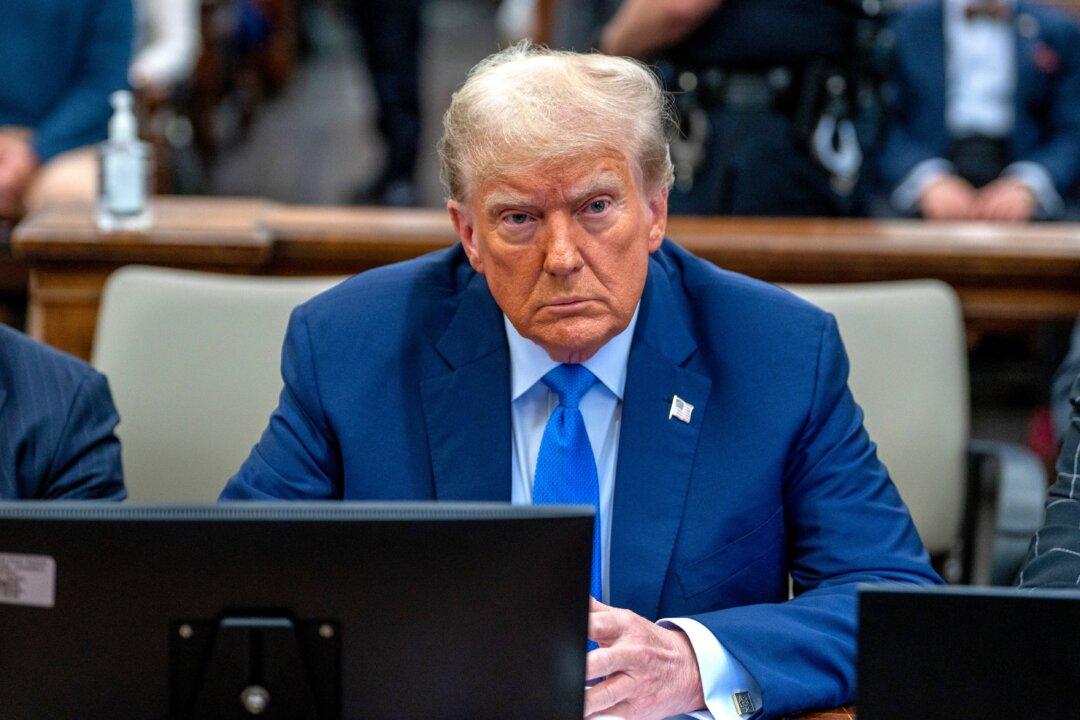The New York Attorney General’s office and attorneys for former President Donald Trump and Trump Organization filed proposed conclusions featuring clashing narratives, previewing their closing arguments for the civil fraud case on Jan. 11.
State attorneys are now requesting $370 million in damages, up from the originally proposed $250 million.





